 |
| December 02, 2020 |
Dear Reader,
Many diagnostic assessments are inherently biased against people of color. In our December issue, the editors of Scientific American argue that it's time to fix this dangerous problem. We explain what needs to be done to give fair care to people left more vulnerable by an inherently racist system. Next, there are trillions of viruses that make up the human virome. Some can harm us, but some could help us, if we can figure out how to use them. An infectious disease specialist explores the possibilities in an article featured below. And, in today's lead story, sustainability editor Andrea Thompson writes about what President-elect Joe Biden must do to address climate change. |
| | Sunya Bhutta, Senior Editor, Audience Engagement
@sunyaaa | |
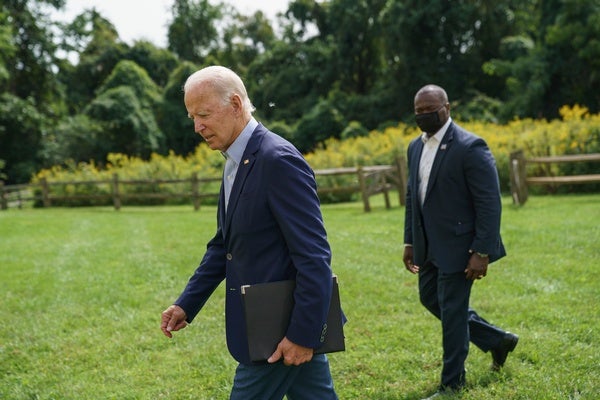 |
| |
| |
| |
| |
| |
| |
| Space The Future of Mars Exploration Join Scientific American for a conversation about the next steps in humanity's reconnaissance of Mars. Featuring Casey Dreier, senior space policy adviser at The Planetary Society, and space & physics editor Lee Billings, this deep dive will begin with an overview of NASA's upcoming Perseverance rover, slated to land on Mars in February 2021 to search for signs of past and present life and to gather samples for future return to Earth. Dreier and Billings will also discuss the "post-Perseverance" future in which space agencies and private companies may pursue major shifts in Mars exploration strategies, and how those plans could forever change our understanding of—and relationship with—the Red Planet. |  | By Lee Billings,Casey Dreier | | | |
FROM THE STORE
 | | Ask the Experts: The Environment The fourth eBook in our Ask the Experts series, The Environment tackles questions about the world around us. In these pages, our experts field queries on the weather, natural disasters, natural resources, climate change and unusual phenomena. |  | | |
| |
| |
LATEST ISSUES
 |
| |
| Questions? Comments?  | |
| Download the Scientific American App |
| |
| |





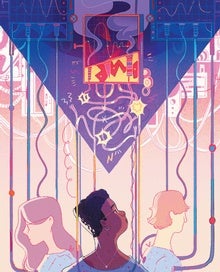
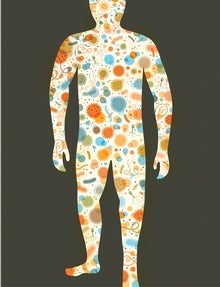

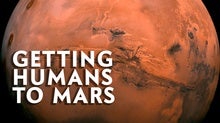
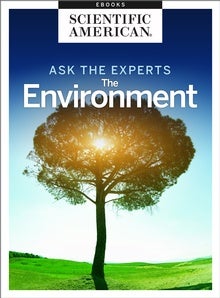



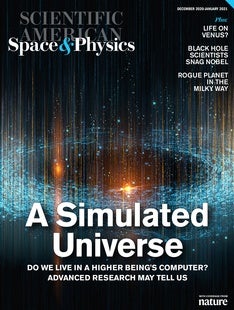

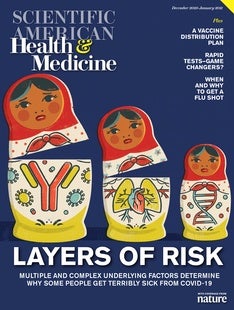
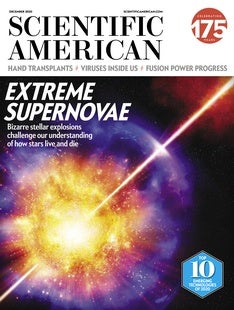
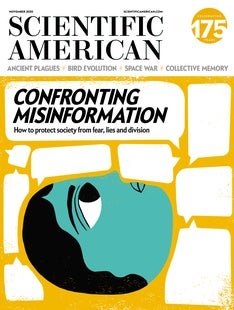



Comments
Post a Comment